Unique cross-university collaboration offers tech-savvy postdocs a digital playground
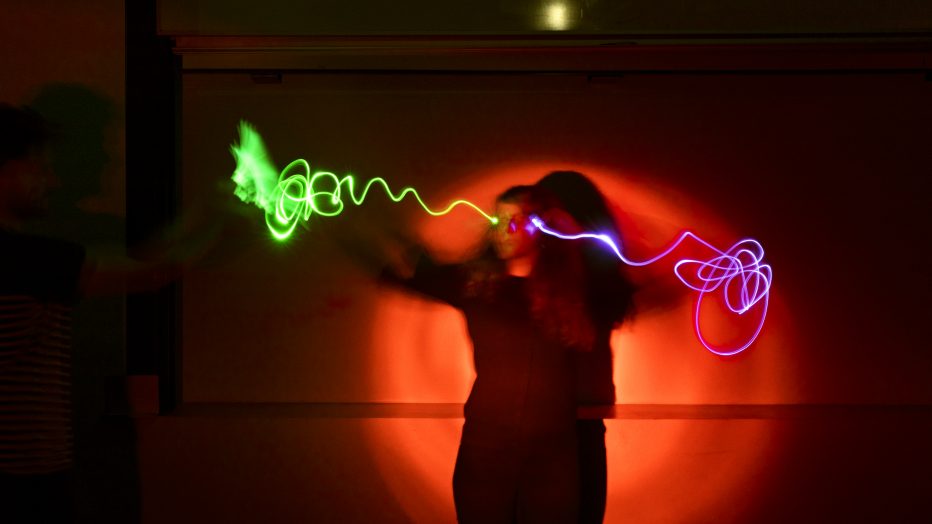
(Photo: Lisbeth Holten)
12 postdocs divided among four Danish universities, including CBS, are set to spend two years exploring ideas and challenges within the fields of the Internet of Things, Artificial Intelligence and blockchain technology. And they have access to the Technical University of Denmark’s Skylab Digital – a laboratory packed with VR headsets, gamer PCs, sensors and 4K screens.
CBS has just hired three postdocs to explore different challenges, ideas and aspects within the fields of Artificial Intelligence (AI), Internet of Things (IoT) and blockchain technology. But they are not alone.
Another nine postdocs from the Department of Computer Science at the University of Copenhagen (KU), the IT University of Copenhagen (ITU), and the Technical University of Denmark (DTU) will spend the next two years investigating the same themes but from different perspectives.
Helle Zinner Henriksen, Head of the Department of Digitalization at CBS, explains that the four universities have been working together for quite a while to strengthen research in IT and technology in Denmark, and with new funding, it has been possible to hire 12 postdocs as part of one big project with the aim of strenghtening the development of digital innovation in Denmark.
“What is unique about this collaboration is that we made one job post spanning all the universities. So when the postdocs applied, they could write the university and department where they wished to be employed,” she says and continues:
“Of course, CBS stands out a little, as we are not as technical as the others, but we offer a focus on issues related to applied and social sciences.”
The 12 postdocs will not only be working at their respective departments at the different universities, as the project aims to encourage the 12 postdocs to work together, share ideas and inspire one another during the two-year process. And what better way of achieving that than in a laboratory packed with the latest digital gadgets?
DTU has the so-called Skylab Digital, which is equipped with VR headsets, gamer PCs, different kinds of sensors, big 4K screens and tiny computers for self-programming and other tasks.
“At Skylab Digital, they have access to the various technologies they might need for their research, but we also hope that the postdocs will generate ideas together and make use of each other’s different competences. I believe working across different disciplines, but still with the same topics, can be of great value,” says Helle Zinner Henriksen.
Technology from a business point of view
The three postdocs employed at CBS will be anchored at the Department of Digitalization, and given their technical backgrounds, they will, according to Helle Zinner Henriksen, pursue interdisciplinary research by being involved in projects at the Centre for Business Data Analytics with a primary focus on driving the research in the direction of achieving the UN Sustainable Development Goals.
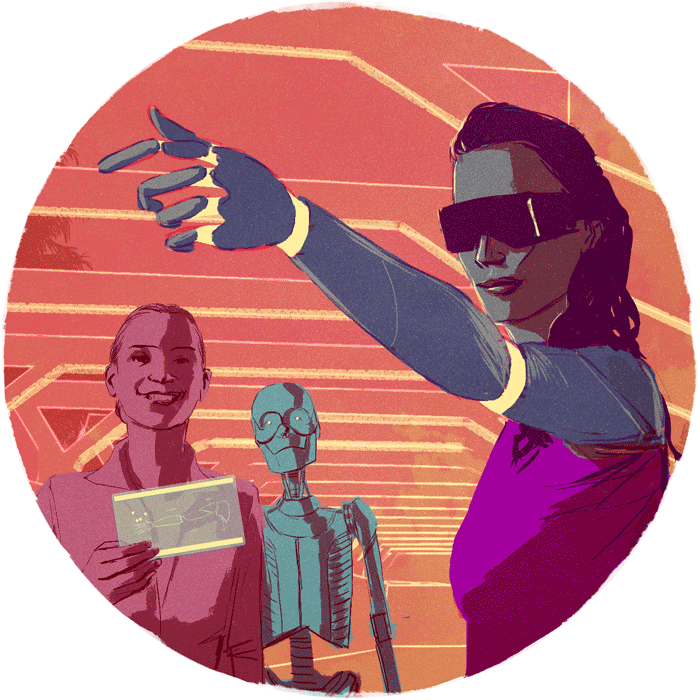
One of the postdocs will work with the UN Refugee Agency (UNHCR), to help them analyze the vast amounts of textual information collected by the UNHCR using artificial intelligence. The second postdoc will work in the direction of repurposing blockchain technology to the benefit of NGOs and other voluntary organizations, with a focus on achieving better transparency, trust and audibility in their activities.
The third postdoc will work on using internet of things to look into the universities’ use of self-generated data, and how that data can be utilized to optimize the resources such as management and usage of auditoriums and study rooms with a primary focus on the betterment of quality of education at the universities.
“The research issues and ideas that the postdocs will be working with at CBS are in the field of applied science. Naturally, they are closely connected to the possible users of these technologies. That’s how we work at a business school, and that’s a little different from the other universities,” says Helle Zinner Henriksen.
Although the hired postdocs will work with artificial intelligence, IoT and blockchain, CBS has left it pretty much up to the postdocs themselves to figure out exactly what they want to explore over the next two years.
“We haven’t defined any particular research questions or topics that we would like them to consider. They have the freedom to pursue their own ideas and come up with creative ideas – maybe together with the other nine postdocs,” says Helle Zinner Henriksen.



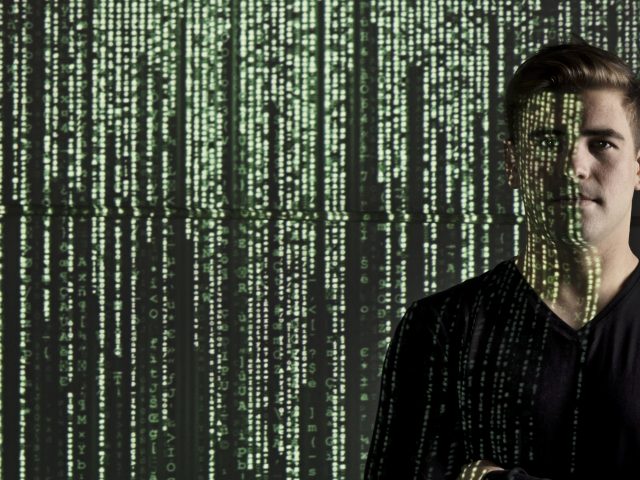
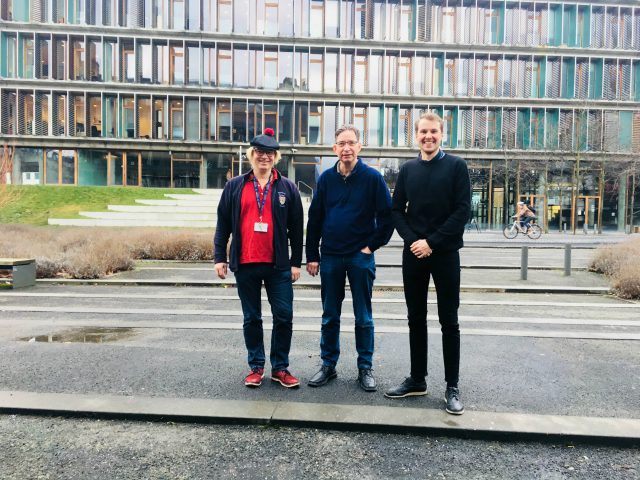
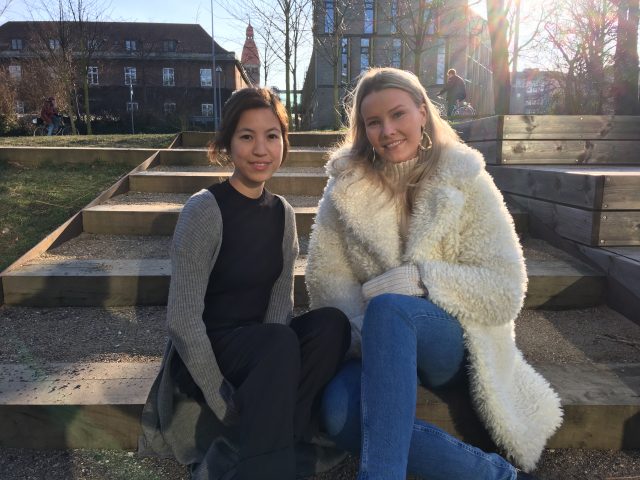






























































































































Comments